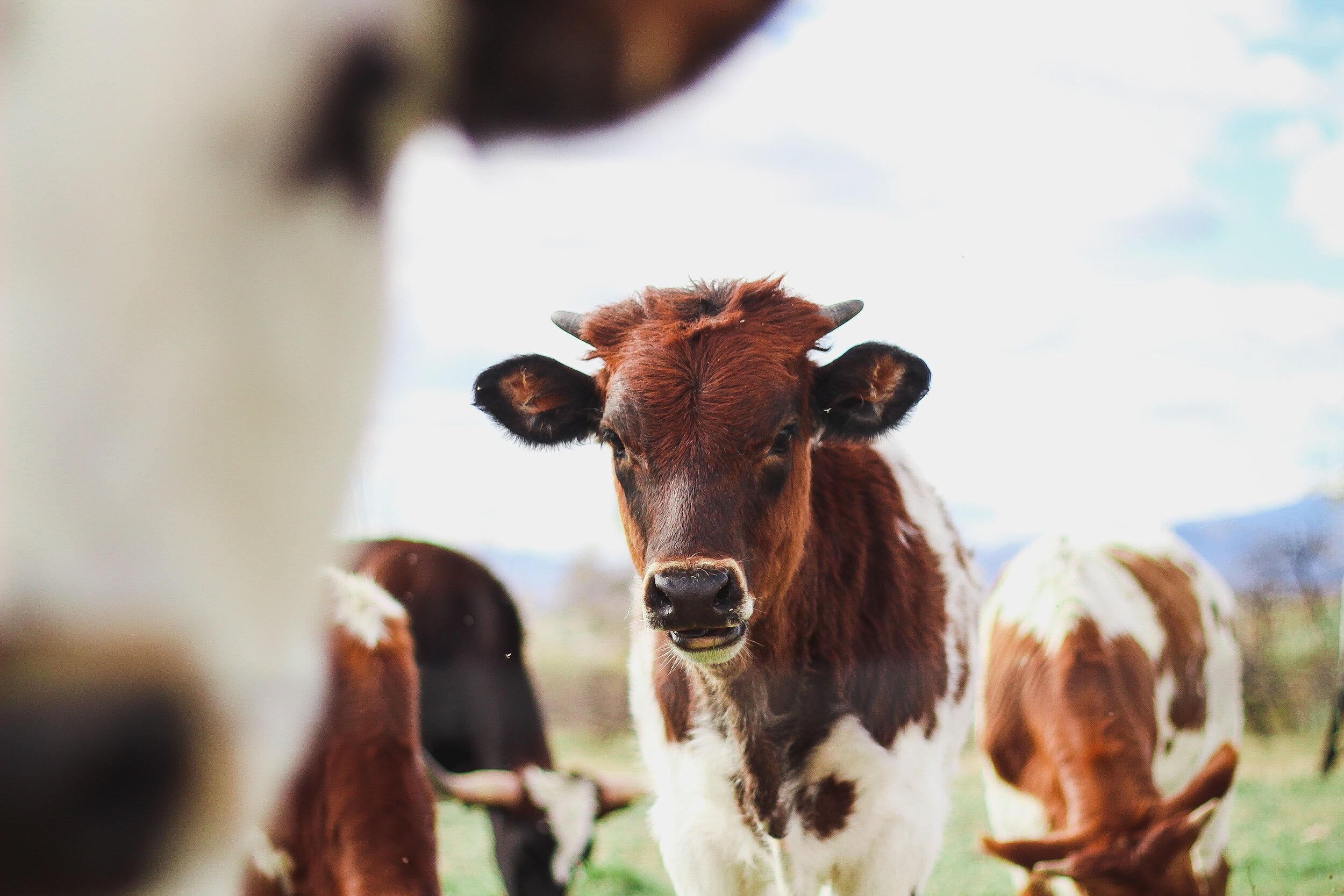KUWAIT
In recent years, the vegan movement in Kuwait has experienced a significant upswing. The evidence of this growth is visible not only in the expanding variety of vegan offerings in restaurants but also in the increasing availability of plant-based products in stores. While pinpointing the exact number of vegans in Kuwait remains challenging, a vibrant community is emerging, as seen through a Whatsapp group with over 150 members and various social media platforms dedicated to veganism. The Instagram account @kuwait.vegan.guide, with 380 followers, exemplifies the burgeoning interest in vegan products. Many local supermarkets, including Sultan, Lulu, Monoprix, City Centre, The Approved Market, and Danke, have begun stocking a diverse range of vegan alternatives, from milk and cheese substitutes to meat alternatives. Notable brands like Alpro, Violife, and Beyond Meat are increasingly accessible, making the transition to a vegan lifestyle more convenient. Additionally, the thriving availability of cruelty-free cosmetics and personal care products adds to the growing appeal of the vegan lifestyle.
As the vegan community expands, restaurants like The Hungry Vegan and Ginger are gaining popularity for their diverse and delectable vegan offerings. Despite the higher cost of specialty vegan products, incorporating a vegan lifestyle in Kuwait remains reasonable, with a wide array of affordable options such as fresh fruits, vegetables, rice, beans, nuts, and seeds. Furthermore, while group activities by the Kuwait vegan society have been impacted by the pandemic, individual efforts and animal welfare organizations are making significant strides in advocating for and rescuing animals in need, contributing to a more compassionate society.
The traditional Kuwaiti diet incorporates a blend of dishes influenced by various cultures. Many of these dishes have become staples in the local diet, passed down through generations.
One such dish is Gab’bout, a vegetable stew typically filled with dumplings made of onion, spices, and dried lime, traditionally prepared with chicken but easily adaptable to a vegan version. Another popular dish, Margoog, is a vegetable stew with thinly sliced bread, often containing meat or chicken, but it can be veganized without compromising on flavor. Aseeda, a sweet made with flour, sugar, and oil (or sometimes dates), is generally vegan-friendly. Balaleet, a sweet dish featuring thin noodles with sugar and saffron (usually topped with egg), can also be adjusted to suit a vegan diet. Lentils with rice, a simple yet delightful dish, consists of rice and lentils (yellow or green) sautéed with truffles or potatoes, originally vegan. The renowned Kushari, an Egyptian specialty, combines rice, green lentils, pasta, and onions with tomato hot sauce, offering a vegan option in its authentic preparation. Biryani, originally an Indian dish, is widely embraced in the Gulf countries, served with vegetables and an array of spices, making it versatile for vegans as well. Hareese and Yireesh, two oat-based dishes, offer both sweet and savory options, though traditionally made with chicken or meat, they can be veganized. Bamyia, a tomato-based stew with okra, typically enjoyed with meat, can be easily made vegan and pairs well with white rice. Lastly, Rahash, a sweet dessert composed of sesame and sugar, adds a delightful conclusion to a traditional Kuwaiti meal. Each of these dishes, rooted in various culinary traditions, showcases the richness and adaptability of the Kuwaiti diet.















